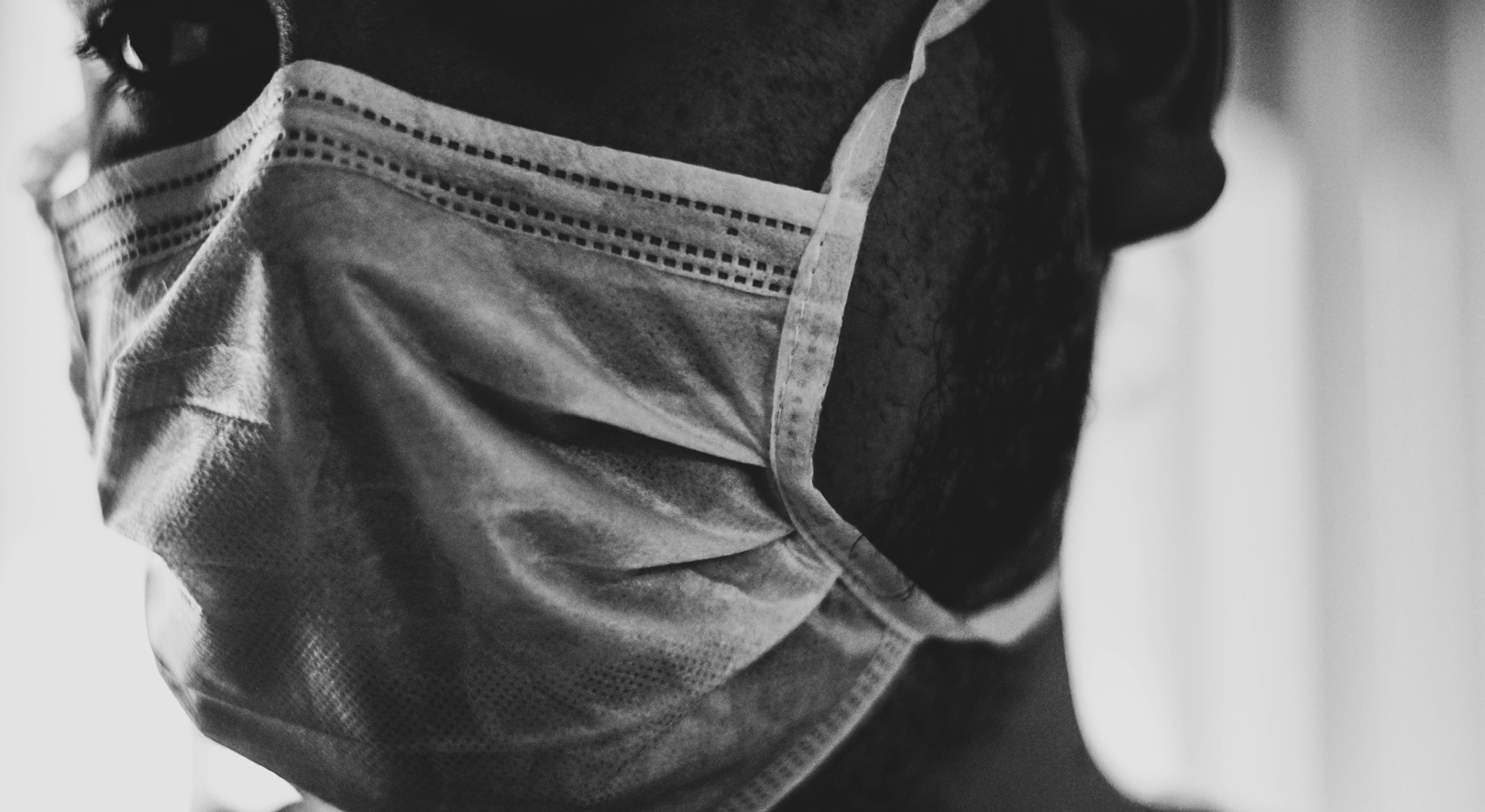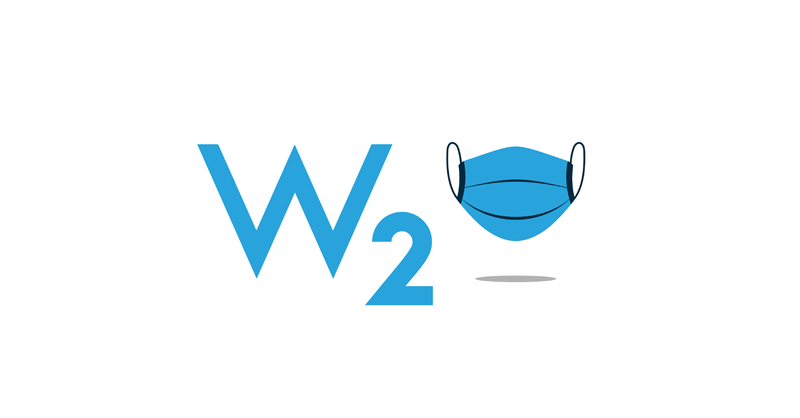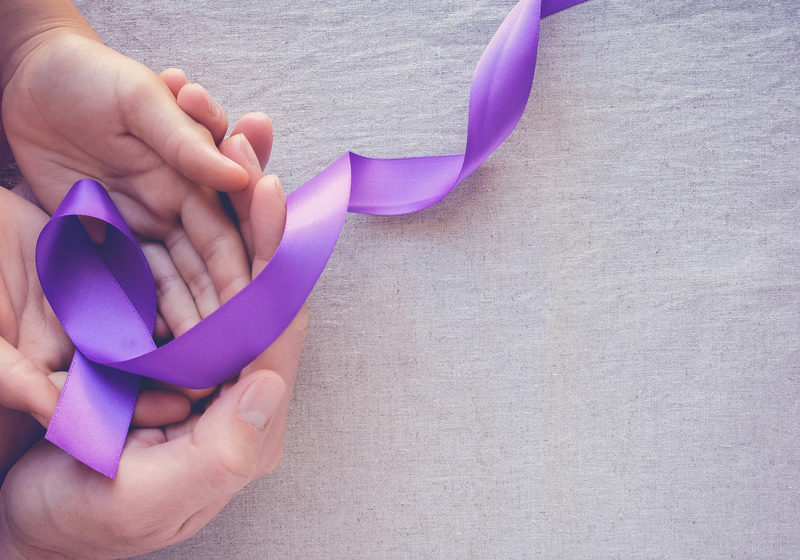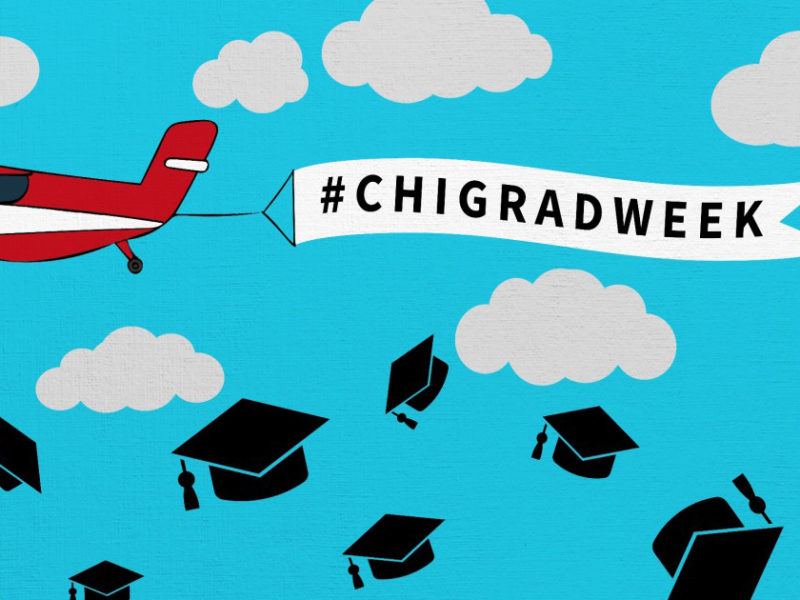
Coronavirus Exacerbates Historic Racial Inequities in Chicago. Here’s How.
The coronavirus crisis is exposing how deeply-seeded historic racial inequity plagues communities across Chicago.
So far, Black residents of Chicago are dying from COVID-19 at a rate six times higher than white residents. This particularly brutal effect of the pandemic’s impact in the Windy City can be attributed in large part to the already devastating health disparities that have contributed to the city’s gap in life expectancy, which is already the highest in the nation.
In order to better understand how these long-standing issues are shaping the contours of the current crisis, we reached out to Helene Gayle, the CEO of The Chicago Community Trust, who explored how Chicago’s economic disparities are impacting the disproportionate health outcomes of COVID-19 in communities across the city.
Chicago Ideas (CI): What do you think the disparity in COVID-19 cases among Chicago’s African-American community says about the accessibility of health resources in Chicago?
Helene Gayle (HG): The COVID-19 epidemic exposes the same underlying racial and ethnic inequities that we know exist in access to health services and quality of care. It also highlights the existing economic inequity—the wealth gap—between Whites and people of color. The disproportionate impact could be attributed to poor underlying health such as diabetes, blood pressure, and coronary disease, as well as poor social situations: food deserts, crowded households, and higher incarceration rates. This is a twin epidemic of health inequity and wealth inequity.
CI: Where do those health inequities stem from, primarily?
HG: Under normal circumstances, only about 20 percent of health outcomes are attributable to clinical health services. Genetics also contribute to health outcomes. However, 50-80 percent of health outcomes are linked to the social determinants of health: health-related behaviors, socioeconomic factors, and environmental factors. In Chicago and so much of the nation, your health outcomes—when and how you will live and die—are determined much more by your zip code than your genetic code. I spent much of my career working in impoverished nations around the world that have better life expectancy than many residents on the South and West sides of Chicago.
CI: Why is healthcare access so deeply tethered to historic economic inequities?
HG: Chicago has the largest life expectancy gap in the nation. If you live in a disinvested neighborhood like Englewood on the South Side, the average life expectancy is 60 years. In Lawndale, on the West Side, it’s 63. If you live roughly nine miles away in Streeterville, it rises dramatically to 90 years—10 years higher than the U.S. average. Those few miles mean you are six times more likely to be unemployed, nine times more likely to be killed by a gun, four times more likely to die from diabetes.
CI: In what way do you think the situation with COVID-19 will affect how we address historic income inequity moving forward?
At this moment when we are all looking for ways we can come out of this crisis a more united nation and community, this issue of economic equity is more important that ever. We have seen how those who are already the most economically insecure are facing the greatest devastation in this crisis.
At the Chicago Community Trust, we have committed the next decade towards working to close the racial and ethnic wealth gap. To do this, we know we will have to fund programs but also to seed policy innovations and push for systems change that will move the needle and hold racial and ethnic equity at the forefront. Many of the policies that we have been considering are the very ideas that will address the widespread economic insecurity that we are acutely feeling right now as a result of the COVID-19 crisis.
These policies include fines and fees reform, direct cash assistance, worker protections, employment security for independent contractors and gig workers, and more flexible lending for small businesses. Just a few weeks ago, some of these policies were considered revolutionary. But today there is widespread recognition that these are policies that can foster economic stability in good times and crisis. Working to tackle these issues of wealth inequity will not only make those most vulnerable more resilient for the next crisis—and there will most certainly will be one—but also make us all more economically secure.
CI: How can we collectively address these inequities at this time and in the long term?
At this moment, it is essential to prioritize our resources to help people who are impacted most by COVID-19 through vehicles like the Chicago Community COVID-19 Response Fund, which to date has raised more than $22 million and made nearly $9 million in grants to more than 140 organizations. The concrete measures the city, state, and federal government have taken to address issues in the short run should extend for as long as the crisis continues. We can learn from these policy responses and refine and advance these policies in the long term to advance meaningful progress towards closing the racial and ethnic wealth gap. During this crisis, we have also seen just how vital our elected leadership is to ensuring our health, safety, and wellbeing. Reflect on that the next time you think your vote does not matter.





Booker Suggs
Sadly this inequity does not surprise me. Only trailing Boston, Chicago is the most segregated big city in America when it comes to white people and black people. Chicago local mainstream media (TV News) perpetuates this ALL the time They always show whites on the northside enjoying ideal lifestyles. But when there’s a big negative event, the broadcasts always focus on the side and west sides,even though similar negative things happen all over the city. Even now with the “shelter in place” requirement, it’s the same images. Showing white residents doing it but not showing any black residents doing the same thing. For most people “perception is the reality” and Chicago TV News stations know this!. And who knows this better than the TV news producers who calls the shots on what to be broadcast in their news segments. The segregation in the city is so deeply rooted that I don’t think it will ever change. Not even now with a black female mayor.